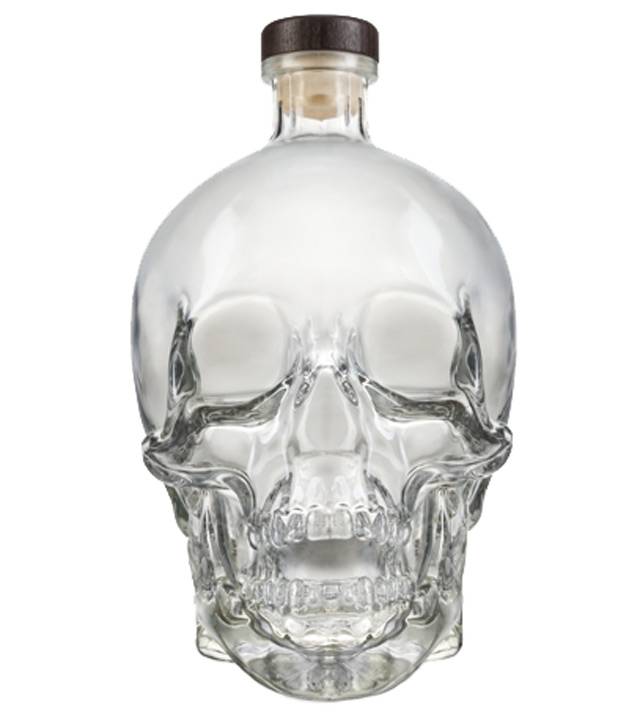 Globefill’s trade dress: Not functional, the Ninth Circuit says
Globefill’s trade dress: Not functional, the Ninth Circuit says
Plaintiff Globefill Incorporated makes booze. So does defendant Elements Spirits, Inc.
In 2010, Globefill sued Elements in the Central District of California for trade dress infringement.
It described its trade dress in connection with its crystal head vodka as “a bottle in the shape of a human skull, including the skull itself, eye sockets, cheek bones, a jaw bone, a nose socket, and teeth, and including a pour spout on the top thereof.”
The Central District of California dismissed Globefill’s claim on grounds of functionality.
On May 23, the Ninth Circuit reversed, finding the skull design was purely ornamental.
“We typically consider four factors in determining whether a product feature is functional: ‘(1) whether the design yields a utilitarian advantage, (2) whether alternative designs are available, (3) whether advertising touts the utilitarian advantages of the design, (4) and whether the particular design results from a comparatively simple or inexpensive method of manufacture.’ Disc Golf Ass’n, Inc. v. Champion Discs, Inc., 158 F.3d 1002, 1006 (9th Cir. 1998).”
Applying these factors, the court found “the trade dress elements Globefill described in its operative complaint cannot be said to be functional as a matter of law. The skull design is ornamental and serves no utilitarian purpose; alternative bottle designs are available in abundance; and using the design increases, rather than decreases, Globefill’s manufacturing and shipping costs.”
Therefore, it found the trade dress was not functional and reversed.
The case cite is Globefill Inc. v. Elements Spirits, Inc., No. 10-56895, 2012 WL 1868861 (9th Cir. May 23, 2012).